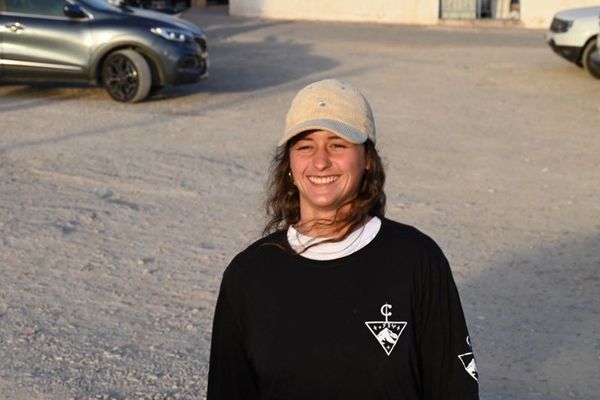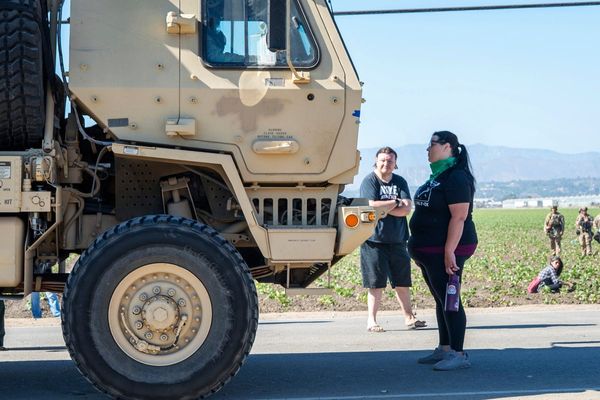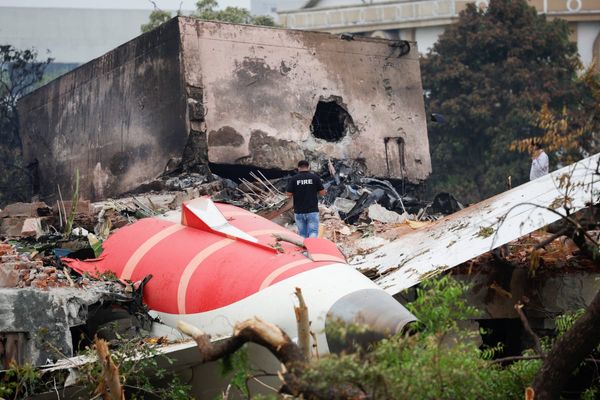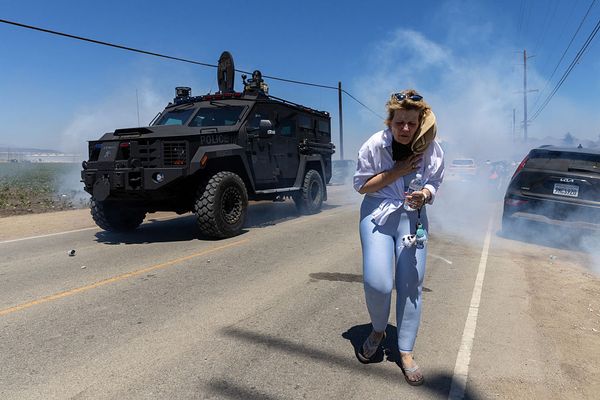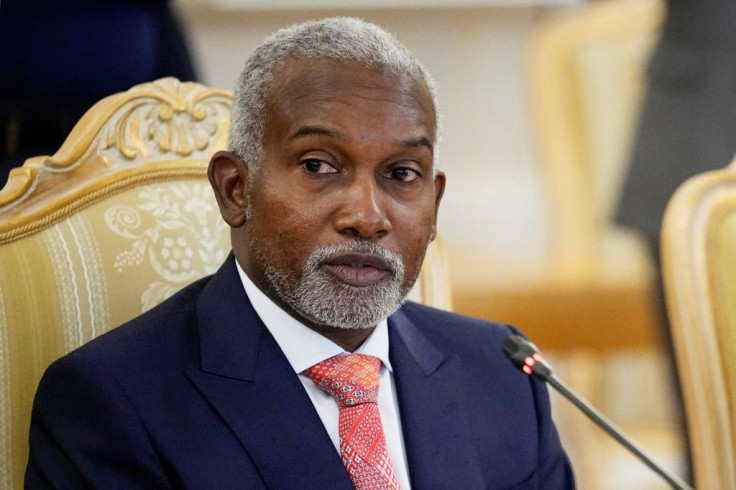
Nigeria has rejected a proposal by the Trump administration to accept Venezuelan deportees and other third-country migrants from the United States.
The country's foreign minister, Yusuf Tuggar, confirmed the decision in an interview while in Brazil, where he was attending a BRICS summit:
"It will be difficult for a country like Nigeria to accept Venezuelans prisoners into Nigeria. We have enough problems of our own, we cannot accept Venezuelan deportees to Nigeria, for crying out loud"
"We already have over 230 million people," the minister added.
Tuggar described the U.S. request as part of a broader pressure campaign, which includes recent visa restrictions on Nigerians and the threat of increased tariffs, as BBC points out. "It will be unfair for Nigeria to accept 300 Venezuelan deportees," he said, referencing what he characterized as unilateral demands. "You will be the same person that will castigate us if we acquiesce to accepting Venezuelan prisoners into Nigeria."
Tuggar added that the visa policy shift—reducing nearly all non-immigrant and non-diplomatic visas to single-entry, valid for only three months—was not a reciprocal move, but rather an attempt to exert leverage. He said Nigeria is working diplomatically to resolve these differences, but insisted the country will not serve as a holding ground for U.S. deportees.
Tuggar emphasized that Nigeria prefers to build economic partnerships with the U.S., highlighting the country's gas reserves and critical minerals.
The Wall Street Journal reported on Wednesday that the U.S. sent similar requests to the leaders of Liberia, Senegal, Mauritania, Gabon, and Guinea-Bissau ahead of a White House summit. According to internal documents reviewed by the outlet, the administration asked these countries to accept third-country migrants denied asylum or whose home countries refuse to take them back. The migrants would not be returned to their countries of origin until a final decision was made on their U.S. asylum claims.
During the summit, President Trump said, "I hope we can bring down the high rates of people overstaying visas, and also make progress on the safe, third-country agreements." U.S. officials told West African diplomats that accepting deportees was a key issue for the administration and linked cooperation on migration to the possibility of improved commercial ties.
Liberia's Foreign Minister, Sara Beysolow Nyanti, denied any agreement with the U.S. "We have not had discussions about deportees or criminals coming to Liberia," she told BBC Newsday.
© 2025 Latin Times. All rights reserved. Do not reproduce without permission.



